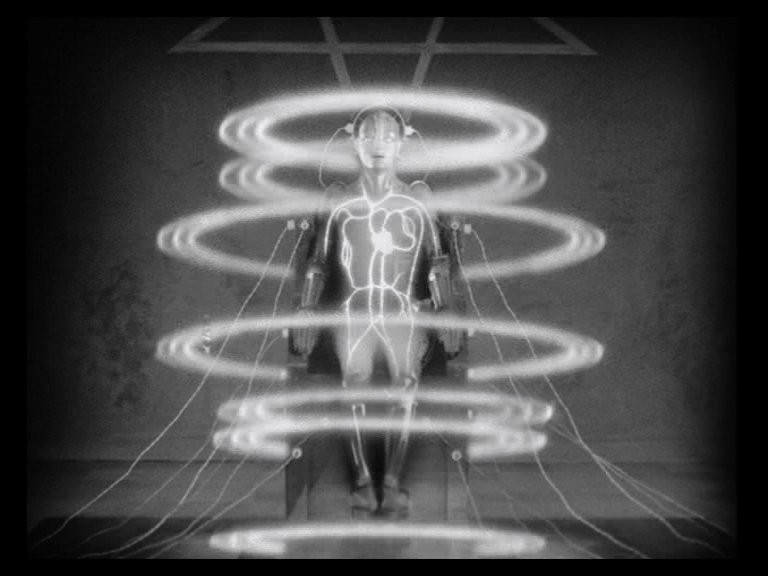According to Ted Nelson's book "Computer Lib"0, the main topic of very first hackers conference in 1984 already centered around the question "Is the hacker ethic dead?". The answer of today (at least @ Phrack) is something like no, but hackers as a group are dead. What happened? This talk is arguing that we are living within liquid surveillance by the state, which has consequences for any discussion about ethics. I will discuss the theories of Zygmunt Bauman, analyze a movie from Europol and have a look at some attempts to formulate hacker ethics 2.0 of 2014 compared to 1984, when the so-called BTX-Hack happened. This was the first time hackers presented themselves as a group of responsible citizens, not hacking for the lulz. "Alle Hochachtung vor der Tüchtigkeit dieser Leute", said Benno Schölermann CEO of the bank which was hacked 30 years ago, "we hold these very competent people in great esteem".
Liquid surveillance is a concept developed Zygmunt Bauman from his thoughts about modern liquid societies1. Modern societies are surveillance states, but the surveillance is not universal nor projected on everyone. Surveillance is uneven and distributed alongside the lines separating social classes. Moreshowover, there are areas where the subjects of surveillance are actively helping and cooperating. The term "Liquid" indicates that surveillance is floating back and forth, with surveillance practices slipping into different aereas. The delocalized border control practice of the Schengen-Raum is an example. Zygmunt Bauman noted that within the surveillance of the state there are "adiaphoristic tendencies"2 : whole subystems are excluded from ordinary law or are excluded from ethical reasoining. Baumann's example is the surveillance drone who are almost impossible to fly in out of sight operations due to legal restrictions, but who are used by police on the basis of exigent circumstances. Drones and the usage of RFID are simple examples, but what about hacker? The most blatant example is the German "Hacker-Paragraf"3 but there are other forms. German law states very clearly that private companies are not allowed to analyse hard disks which are declared as evidence in criminal investigations, yet there are dozens of IT-forensic companies doing this, officially due to limited resource of the police forces and law investigators. Other examples from other countries are welcome.
The European Cyber Crime Center (EC3) by Europol, located in Den Haag, is seen as one of the most advanced institutions of law enforcement on the Internet (at least it sees itself that way). In collaboration with Trend Micro, a software company, EC3 has developed "Project 2020", both a lenghty paper-based scenario and a professional movie about how the digital society will evolve and the role of hackers in the future. The movie4 is settled in the state of South Sylvania in 2020, where the cental computer "the Switch" is hacked by malware shortly before the first all-digital election. The main hack is done by the hacker Adam Cole aiming to free people from the tyranny of "the Switch": "I'm not doing it for the Lulz". But the idealistic hacker who is quoting Margaret Mead as a defense, is in turn controlled by Yanek Novak, a criminal who injects super-malware into the malware. The criminal itself is controlled (and killed) by a super-agent of a foreign state. For the general public, the hacker is been presented as the lone warrior, stopping "the Switch" just for the Lulz. He is sentenced to death by prime minister Carrington of South Sylvania, who loses the election.
I want to show how the movie can be desconstructed with the concept of liquid surveillance. The main narrative is done by the only "real" character, Rik Ferguson of Trend Micro and a couple of newscasters. Ferguson repeatedly states the message that technology is neutral and that there are no alternatives to digital money or all-digital elections. The EC3-whitepaper5 describing the "scientific background" of South Sylvania contains additional information about the way liquid surveillance is perceived to work. With Google glasses as an example, all characters in the movie are wearing 3D-Glasses connected to service providers who let them switch off what they doesn’t want to see. Therefore the universal system "the Switch" has ist counterpart in the personal switch blending out unwanted realities.
Examples of liquid surveillance in film and reality: In his legal defense, Gotfrid Svartholm (Anakata) argued that his computer was used by other people when hacking swedish and danish computers. The swedish court followed evidence presented by prosecutors, ruling out ruled out the possibility that a third party could have carried out the hack. In the movie, the female teleworker Kinuko Jakatan is accused to insert malware into "the Switch". She is faced with a lifelong sentence, but access to her "personal sex cloud" reveals she had a lover, hacker Adam Cole, who used her terminal and her retina biometrics for access to "the Switch". In the case of Barett Brown we have a journalist presented by the media first as information activist, then as a spokesman for anonymous, then as a criminal hacker. The same form of liquid attribution can be seen in the case of Paypal14...
0. Ted Nelson, Computer Lib. Microsoft Press 1987 and, for today "The Fall of Hacker Groups", http://phrack.org/papers/fall_of_groups.html
1. Zygmunt Bauman, David Lyon; Liquid Surveillance. A Conversation. Cambridge 2013
2. Zygmunt Bauman, Wir Lebenskünstler, Berlin 2010 (The Art of Life)
3. http://de.wikipedia.org/wiki/Vorbereiten_des_Aussp%C3%A4hens_und_Abfange...
4. Project 2020, https://www.youtube.com/playlist?list=PLZm70v-MT4JqlJ4IVWF5ZBqsLuBaQTckQ
5. https://www.europol.europa.eu/sites/default/files/publications/2020_whit...
6. http://www.wauland.de/de/projekte/paypal14/index.php



